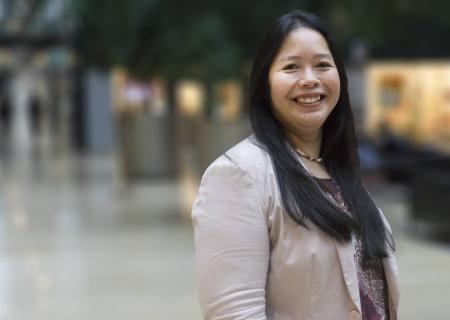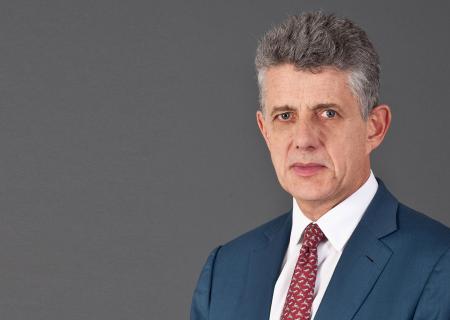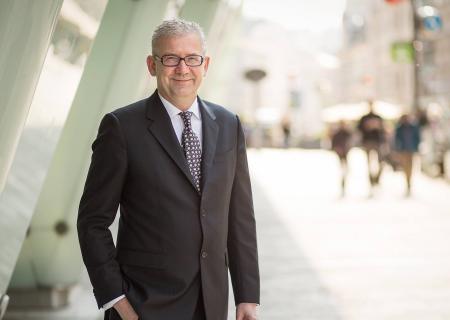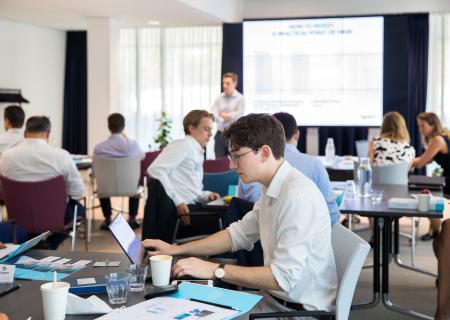Committee Spotlight - Due Diligence Committee
Due Diligence to go Global, Easy and Online (GEO)
IQ caught up with Jaap van der Bijl, Altera and Remco Rothkrantz, Kempen to find out what the INREV Due Diligence Committee is up to, what its plans are for 2017, and what the initials GEO stand for.
GEO, they explained, stands for global, easy and online, and is a good summary of the committee’s plans for the next year or so, when it will be building on the work that has made the Due Diligence Questionnaire (DDQ) INREV’s most frequently downloaded tool.
Let’s start with the global dimension. This reflects the current investment reality – the fact that investors now treat the whole world as their arena, and that managers want their vehicles to be accessible globally. From the viewpoint of due diligence, the ideal would be to have uniform questionnaires in use around the world, but at present this is far from being the case. The Committee therefore plans to reach out to INREV’s sister organisations in America – NCREIF and PREA – to discuss how this could be achieved. These organisations already have their own questionnaires set up or are working on them, in which they inevitably tend to reflect local market practice. The Committee can now build on the work that INREV is already doing with them on global standards, as there is significant overlap between these areas.
‘We intend to take a phased approach to achieving an international consensus,’ says Van der Bijl. ‘It’s important to identify which are the key aspects of due diligence that investors focus on, and build out from those. There will always be those investors and advisors that want to use their own bespoke questionnaires as well, so it’s essential that a common standard captures what investors see as most crucial to their interests.’ This goal of reaching the heart of investors’ concerns is also fundamental to the second dimension of GEO – making the DDQ as easy as possible to use.
Making the DDQ easy to use for everyone on both the buy and sell side is another key objective. The DDQ has been continually evolving and expanding since it was first launched in 2007 and has now become the most used tool for INREV members. It currently contains between 400 and 500 questions, and could grow still further if the current trend continues. Because this means that there is a lot of information for investors to digest and for managers to provide when using the questionnaire, the committee has decided to take stock of progress and consider whether it is on the right track for the future.
Making the questionnaire easier to use will need strong support from the industry. We have to make sure that any new and simplified version still meets the key requirements of investors.
Simplifying the DDQ may not be the most obvious course of action, given that it is currently INREV’s most downloaded online tool, but the committee believes it may be nearing a tipping point where complexity starts to hinder its future development. ‘Making the questionnaire easier to use will need strong support from the industry,’ suggests Rothkrantz. ‘We have to make sure that any new and simplified version still meets the key requirements of investors. In order to achieve this, we want to invite INREV members to get involved with the process, through the calls and meetings that we will be holding over the course of the year. We have an active committee that represents a wide range of industry viewpoints, but we want to cast the net as broadly as we can.’
The final piece of the GEO jigsaw is online access to the DDQ. Here the plan is to make it easier for managers to use it on their own websites, allowing investors to reach the areas that are of greatest interest to them. This is something that INREV can facilitate by ensuring that the questionnaire is structured logically so that users can easily find the items they are looking for.
These steps are all part of a masterplan that aims to rationalise the way the Questionnaire operates. ‘INREV members will have noticed the difference this is already making,’ says Van der Bijl. ‘Last year we also introduced the Operation Due Diligence (ODD) Guideline, which should help investors and fund managers conduct their operational due diligence in an efficient way’.
Another important initiative has been to develop the INREV Due Diligence Data Room Guidelines, which make it easier for investors to obtain the information they need from managers when going through the due diligence process. The guidelines are based on a three-layered structure, which helps them to streamline their interaction with managers and focus on those aspects that really matter to them. ‘Given that due diligence can take anything from three to nine months in normal circumstances, this can bring about significant time and cost savings, especially for investors with smaller teams,’ observes Rothkrantz.
Rothkrantz emphasises that INREV’s due diligence tools are not only beneficial to investors but also to fund managers. ‘It helps them standardise the way they hold this kind of information and structure their documentation. The DDQ isn’t a legally binding document in itself, but it represents an important stepping stone to what is eventually contained in the Private Placement Memorandum. And it can be particularly useful for establishing best practice in firms that are just entering real estate fund management.’
The most important point that Van der Bijl and Rothkrantz want to emphasise is that taking the DDQ to the next level will be a truly collaborative exercise with the industry – both globally and within Europe. Feedback from users – and potential users – of the questionnaire will be essential to making it as effective and user-friendly as it can be.
If you want to share your views, please contact:
Jaap Van der Bijl (Jaap.vanderbijl@alteravastgoed.nl)
Remco Rothkrantz (remco.rothkrantz@kempen.nl)
Maurits Cammeraat (maurits.cammeraat@inrev.org)
Or join the Due Diligence open house break out session at the Annual Conference in Berlin.









